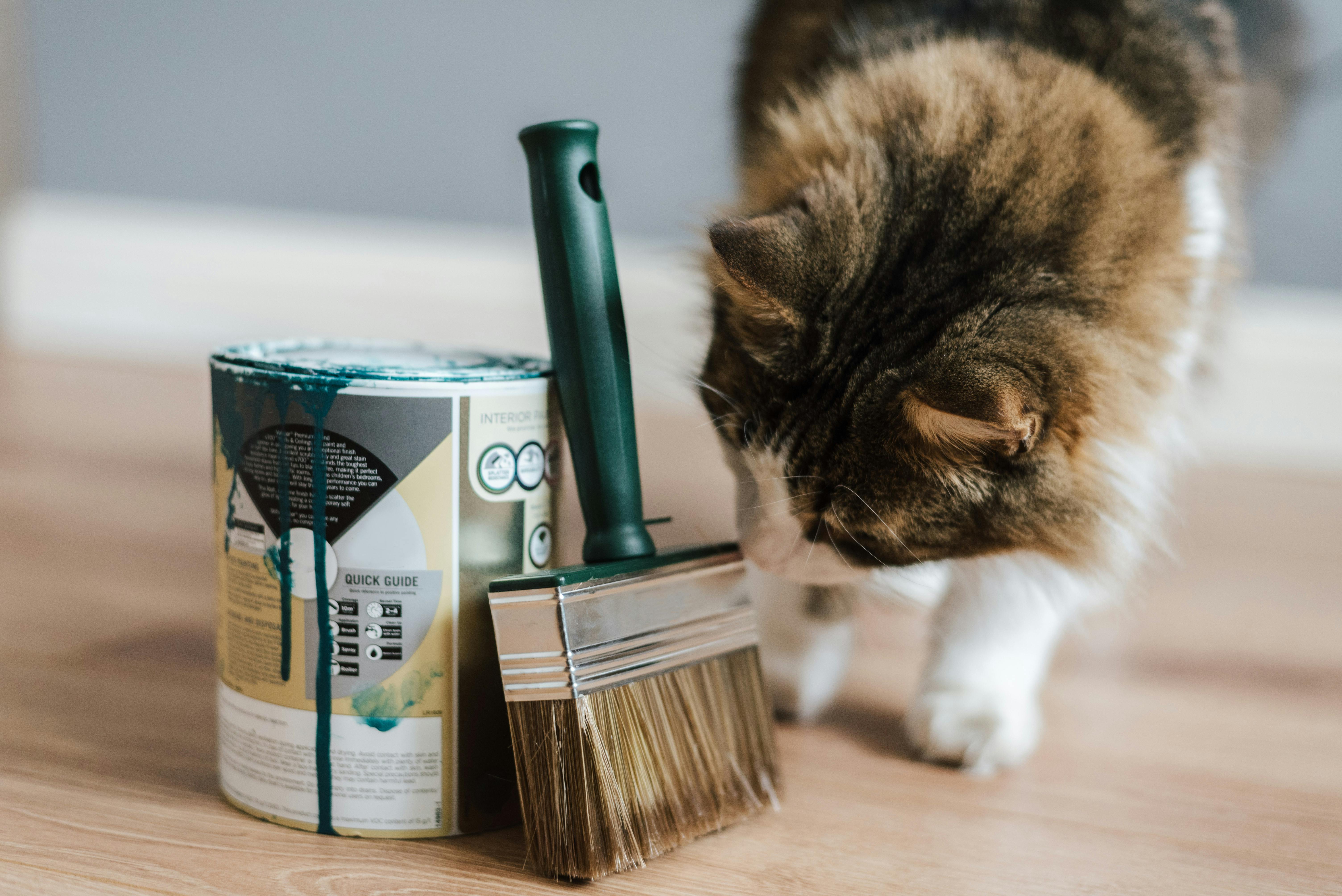Side effects of a bankruptcy include sighs of relief, reduced stress, increased disposable income, a newfound respect for budgets, a long-term financial plan that includes retirement, preservation of savings, a better sense of self, an improved sex life, control, improved credit scores, just to name a few. Stop there. I know you’re probably saying, “how do I improve my credit score?” It seems counterintuitive that a credit score would likely go up due to a bankruptcy filing, but let me explain.
Credit scores are based on so many factors in the FICO scoring system that basically include the number of business lines (how many credit cards, etc. you have), the balance owed compared to the credit limit, collections and late payments , charges out of accounts, lawsuits, etc. What happens in bankruptcy is that we eliminate the debt. The effect on your credit report is an improvement in your overall score because you no longer have high balances on your lines of credit. Even though the act of filing for bankruptcy causes a credit score to drop, the improvement in score comes from eliminating debt. Many clients begin receiving offers of credit immediately after their bankruptcy case is finalized because creditors know two things: (1) that you like credit; and (2) you cannot file for bankruptcy for another eight (8) years. It is possible to rebuild and obtain credit after bankruptcy.
Where bankruptcy may not help
Bankruptcy does not necessarily erase all financial responsibilities. If you’ve fallen behind on these debts, a court-approved Chapter 13 debt payment plan can help you catch up on your bills. Generally, you do not discharge the following types of debts and obligations:
- Alimony
- child support
- Debts that arise after bankruptcy is filed
- Some debts incurred in the six months prior to filing for bankruptcy
- Loans obtained fraudulently
- Personal injury debts while driving while intoxicated
- Debts for intentional and malicious injury to persons or property.
- Some student loans
- some taxes
In conclusion, bankruptcy is a powerful tool to help you regain financial control whether through a court-approved repayment plan or the complete elimination of unpaid debts. Bankruptcy can save time and resources from being taken to pay bills. For example, you can keep your home, cars, and retirement accounts and still get rid of debt. You can remove liens against your home, pay off all or part of your debts without interest. The side effects of bankruptcy can far outweigh the lasting effects of doing nothing or taking more than five (5) years to get out of debt.
